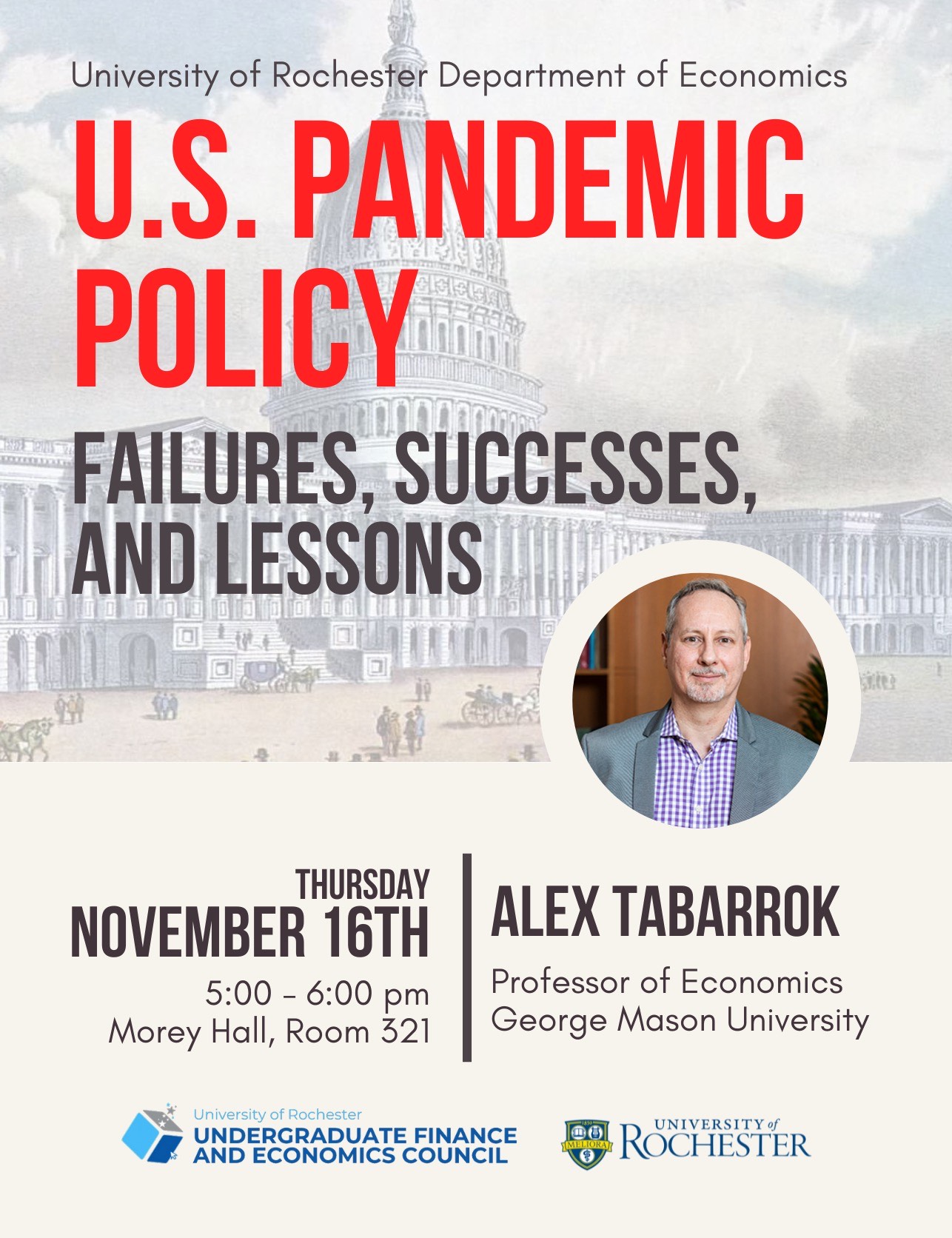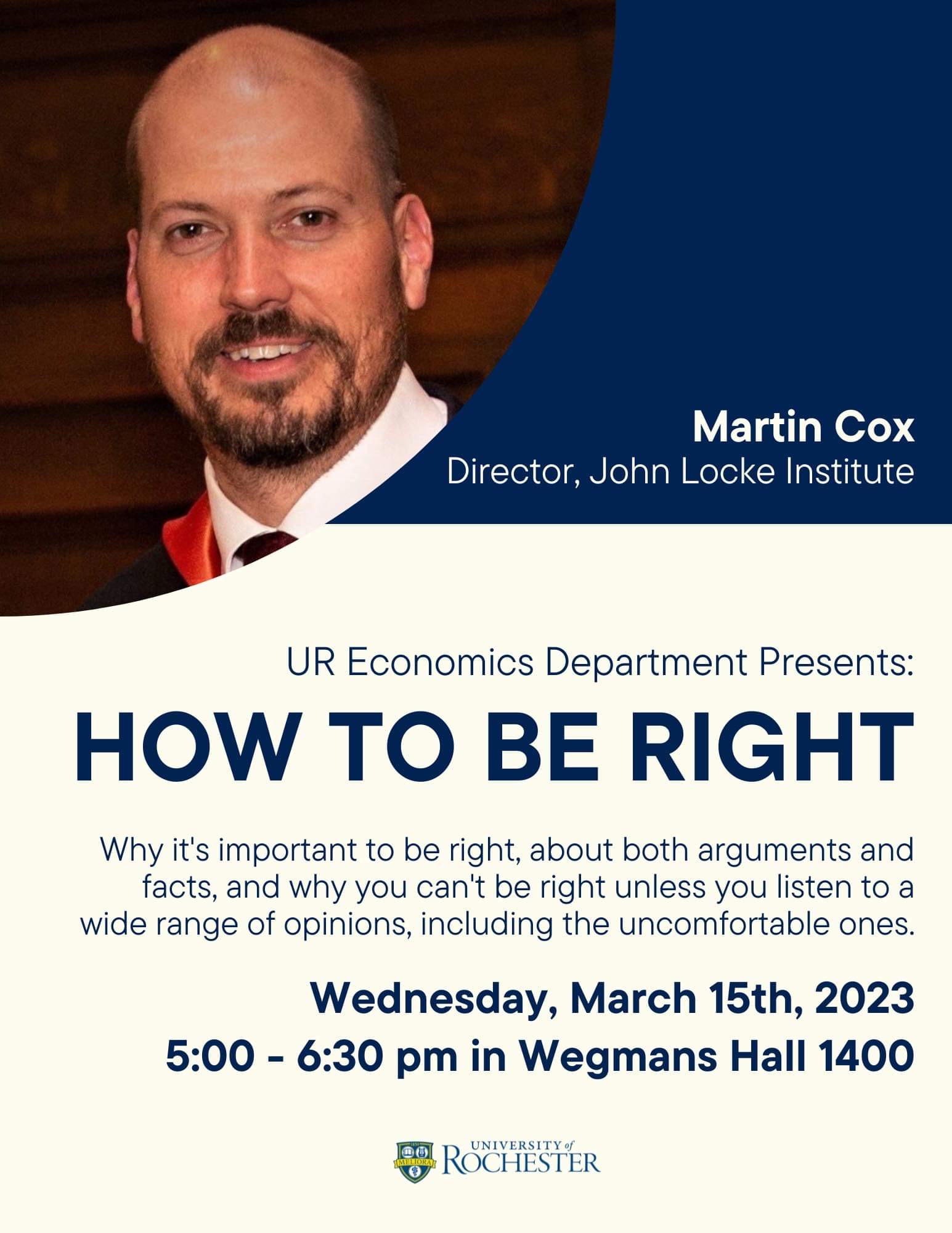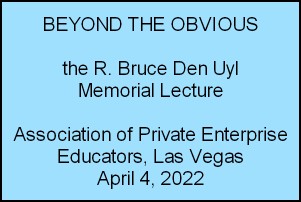Let’s try to make the best possible case for restricting abortion and see how far we get.
To make that case as strong as possible, let’s start from the presumption that we care about the interests of the unborn in just the same way as the interests of the born.
Now caring about someone’s interests is not a sufficient reason to defer to those interests, because there are usually competing interests that have to be weighed in the balance (in this case the interest of the mother). Often, competitions between interests play out in the marketplace, so that policymakers are unnecessary — if you and I both want the same house, we settle that conflict by bidding for it.
But sometimes markets don’t work very well, and then there’s a policy problem to resolve. For example, suppose your boat happens to be in the vicinity of my dock when it springs a leak and starts to sink. The only way to save the boat is to tie it to the dock. If I happen to be out sunning myself on that dock, we can strike a bargain. But if I’m nowhere to be found, the law enforces the outcome that we presumably would have reached and allows you to tie up to my dock.
The same fundamental problem applies in the case of abortion. You might be willing to pay a substantial fraction of your lifetime income to prevent yourself from being aborted, but at the time of the abortion decision, those negotiations are quite impractical. So by analogy with the boat and the dock, one might argue that the law should enforce the outcome that we presume those negotiations would have led to, by prohibiting the abortion.
But if that argument is correct, it applies to the unconceived as well as to the unborn — that is, it seems apparent that most adults who are glad they were not aborted are equally glad that they were conceived in the first place, and would have agreed to pay just as much to bring about the conception as to prevent the abortion. This suggests that if the law should strive to prevent abortions, it should also strive to bring about a considerable number of additional pregnancies.
But even if you accept that argument, it is not an argument for involuntary impregnation; it is at best an argument for subsidized impregnation. It’s a general principle of cost-benefit analysis that taxes and subsidies are almost always better than mandates, because they allow for different individuals to make different choices that account for circumstances invisible to the policymaker. That’s why it’s better to tax carbon than to mandate gas mileage. And likewise, even if you accept the anti-abortion argument, it is not an argument for banning abortion; it’s at best an argument for taxing abortion.
How big should the tax be? Another principle of cost-benefit analysis is that everyone’s interests should count equally. So if we take all of this seriously, then one additional pregnancy compensates for one additional abortion — one potential life is lost; another potential life is gained; and that’s a wash. Therefore the policy implication is that abortion should, at most, be taxed at a rate necessary to fund the subsidization of one additional pregnancy.
In other words — if A has an abortion but simultaneously coughs up enough money to induce B to become pregnant and carry a baby to term, then even if you buy the market-failure rationale for restricting abortion, the world as a whole is no worse off than before — and in fact better off, because the pregnancy has been voluntarily transferred from A to B. If A is willing to pay that price, I can’t find any reason to disallow it.
(In fact, one could well argue that the mere fact of A’s pregnancy is no reason to impose a tax burden on A — if A has an abortion, the rest of us can perfectly well pick up the tab to enlist B as a substitute, so that A doesn’t need to be taxed at all. I’m putting that argument aside only because I’m trying to bias the outcome in favor of a large deterrent.)
That sets a maximum penalty for abortion. If you’re skeptical of the initial premise that we care about unborn people the same way we care about everyone else (or skeptical of the market-failure argument) then the penalty should be lower — maybe a lot lower. In no case would you want to impose a ban.
To avoid those conclusions, you’d need (for starters) a clear reason to favor the conceived-but-unborn over the not-yet-conceived. Unless you’re prepared to descend into deontology, I think that reason is going to be hard to come by, again because I am exactly as happy to have been conceived as I am to have been unaborted. And even if you find that reason, you might be able to use it to argue for a higher tax but still not, I think, an infinite one.
Edited to add: The more I think about this, the more it seems to me that the correct conclusion is that if we, as a society, care about preventing abortions then we, as a society, should be subsidizing births, and the cost of those subsidies should be spread widely, so that the right tax on abortion should in fact be zero.
Click here to comment or read others’ comments.
 The death last week of the pathbreaking comic book artist Trina Robbins reminded me of an odd bit of history. Before she was a cartoonist, Robbins owned and operated a Lower East Side boutique called Broccoli, where all of the clothes were hand-made, the regular customers included (according to Wikipedia) Mama Cass, Donovan and David Crosby — and all of the merchandise was in Trina’s size, so that the store could double as her personal clothes closet.
The death last week of the pathbreaking comic book artist Trina Robbins reminded me of an odd bit of history. Before she was a cartoonist, Robbins owned and operated a Lower East Side boutique called Broccoli, where all of the clothes were hand-made, the regular customers included (according to Wikipedia) Mama Cass, Donovan and David Crosby — and all of the merchandise was in Trina’s size, so that the store could double as her personal clothes closet.


 If you’re in the vicinity of the University of Rochester Thursday evening at 5PM (that is, November 9, which is likely to be the date on which you’re reading this), please drop by Meliora 203 for a talk on the recent history of bank failures and financial panics.
If you’re in the vicinity of the University of Rochester Thursday evening at 5PM (that is, November 9, which is likely to be the date on which you’re reading this), please drop by Meliora 203 for a talk on the recent history of bank failures and financial panics. Recognizing that I know no more about politics than most of you, and that I have no notable record as a political prognosticator, here is my prediction, as of about a half hour before the second Republican presidential debate: Doug Burgum breaks out of the pack with strong attacks on Donald Trump.
Recognizing that I know no more about politics than most of you, and that I have no notable record as a political prognosticator, here is my prediction, as of about a half hour before the second Republican presidential debate: Doug Burgum breaks out of the pack with strong attacks on Donald Trump. I know very little about Asa Hutchinson (ex-governor or Arkansas, current candidate for president) but I’ve heard him on the radio a few times and he seems worth listening to. I’ve heard him speak sensibly about markets, about Putin, and about Trump.
I know very little about Asa Hutchinson (ex-governor or Arkansas, current candidate for president) but I’ve heard him on the radio a few times and he seems worth listening to. I’ve heard him speak sensibly about markets, about Putin, and about Trump.





 If you are in the vicinity of the University of Rochester this Wednesday (November 30), stop by Sloan Auditorium in Goergen Hall at 5PM to hear a lecture from Doug Irwin, Professor of Economics at Dartmouth College and a prominent expert in international trade. His topic is “From Globalization to Slowbalization: The Future of World Economic Integration”.
If you are in the vicinity of the University of Rochester this Wednesday (November 30), stop by Sloan Auditorium in Goergen Hall at 5PM to hear a lecture from Doug Irwin, Professor of Economics at Dartmouth College and a prominent expert in international trade. His topic is “From Globalization to Slowbalization: The Future of World Economic Integration”.
 If you’re in the vicinity of the University of Rochester this coming Tuesday (October 4) at 5PM, you are invited to come by Goergen Hall Room 101 to hear
If you’re in the vicinity of the University of Rochester this coming Tuesday (October 4) at 5PM, you are invited to come by Goergen Hall Room 101 to hear 



